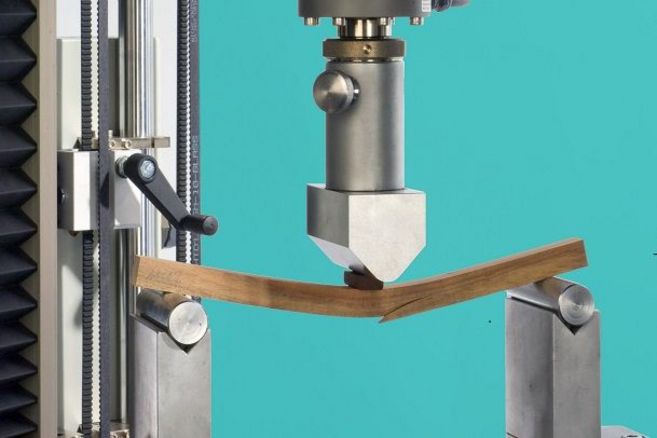Fast-growing wood species are one of the least tapped social forestry commodities in Southeast Asia, and they have the potential to be upscaled to meet the surge in demand of sawn timber. Highly demanded commercial species from plantations are sengon (Paraserianthes falcatria) and jabon (Anthocephalus cadamba), another interesting species to explore is acacia (Acacia mangium). Paulownia (Paulownia tomentosa) was also used in this study for comparison. Physiologically, fast-growing wood species differ from long-rotation hardwoods in their quality, e.g., their resistance to biodeterioration. In this study, the natural biological durability of the aforementioned fast-growing species was investigated by laboratory testing, using basidiomycete monocultures. The fast-growing wood species A. cadamba, P. falcatria, and P. tomentosa were classified as slightly durable (DC 4) to non-durable (DC 5), except for A. mangium, which was classified as durable (DC 2) due to portions of heartwood in the samples.
Contact:




![[Translate to English:] Logo des Bundesministerium für Ernährung und Landwirtschaft](/media/allgemein/logos/BMEL_Logo.svg)